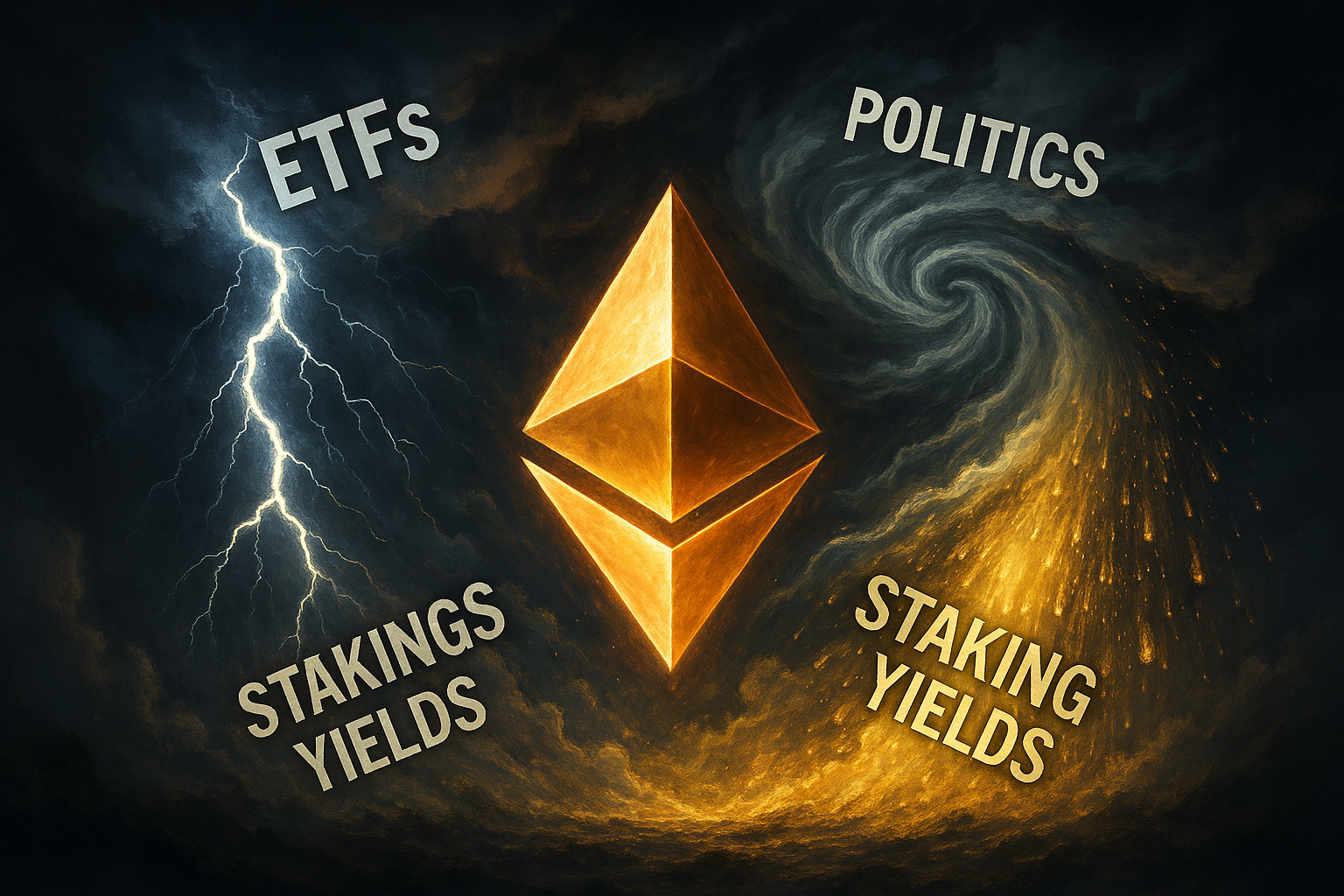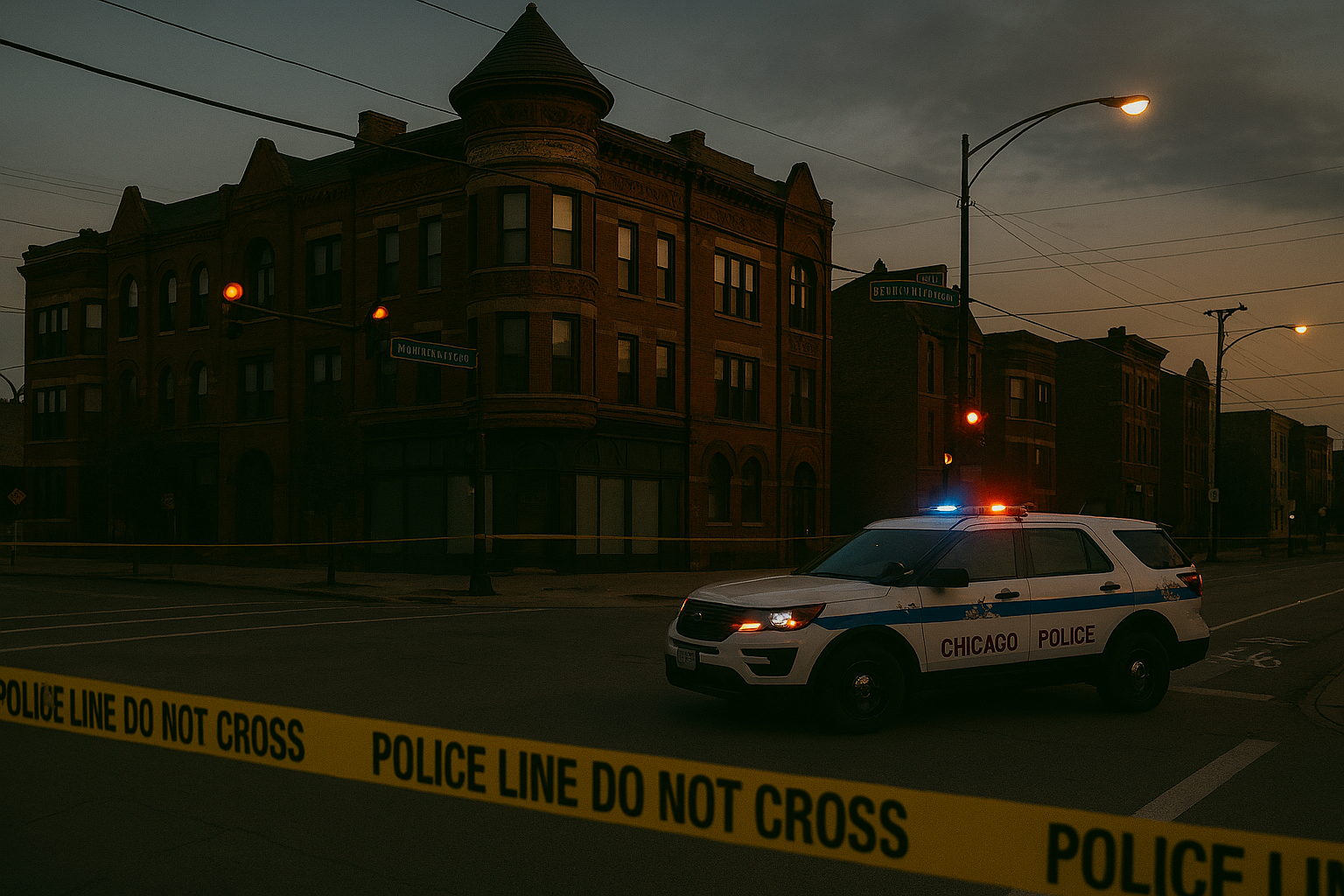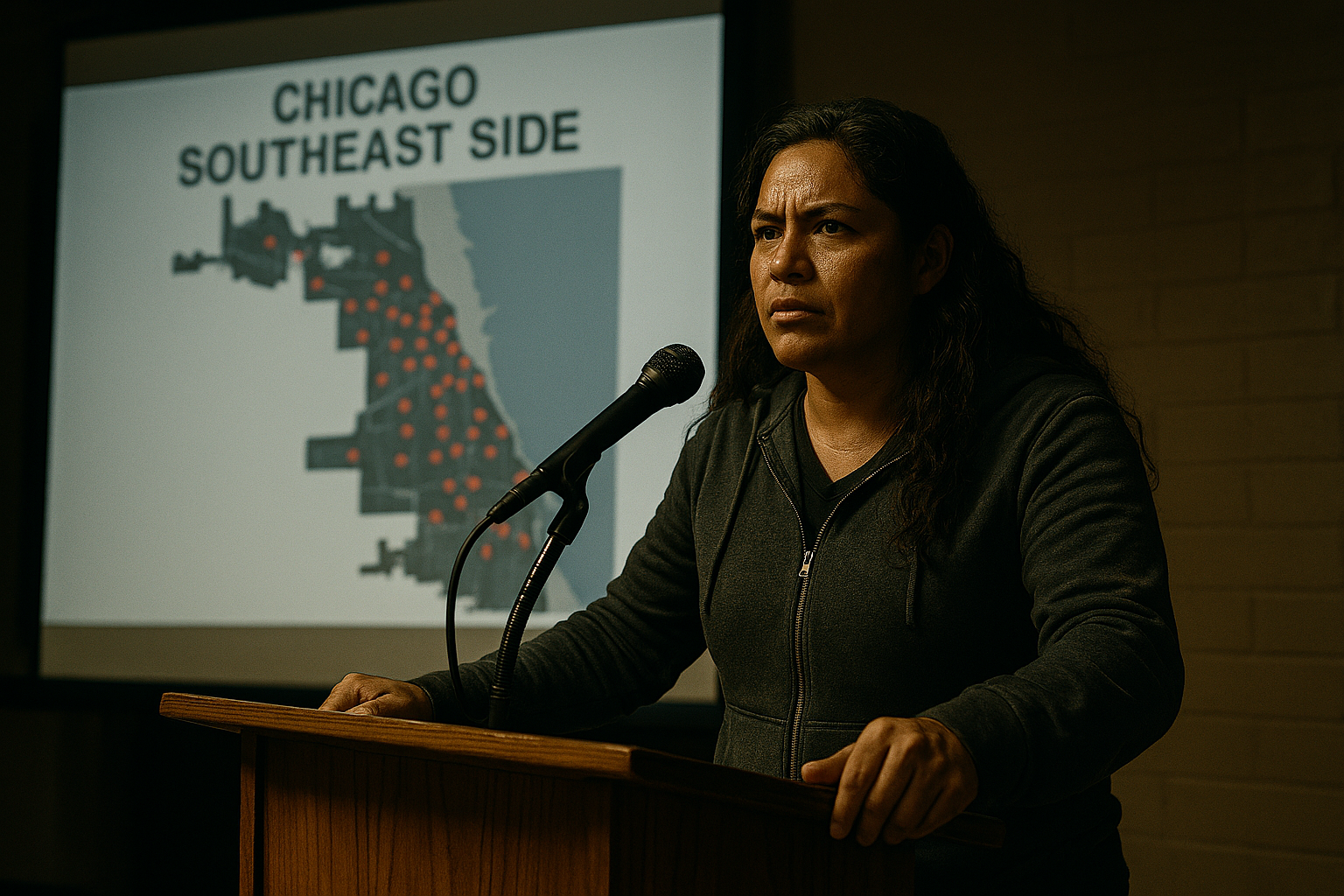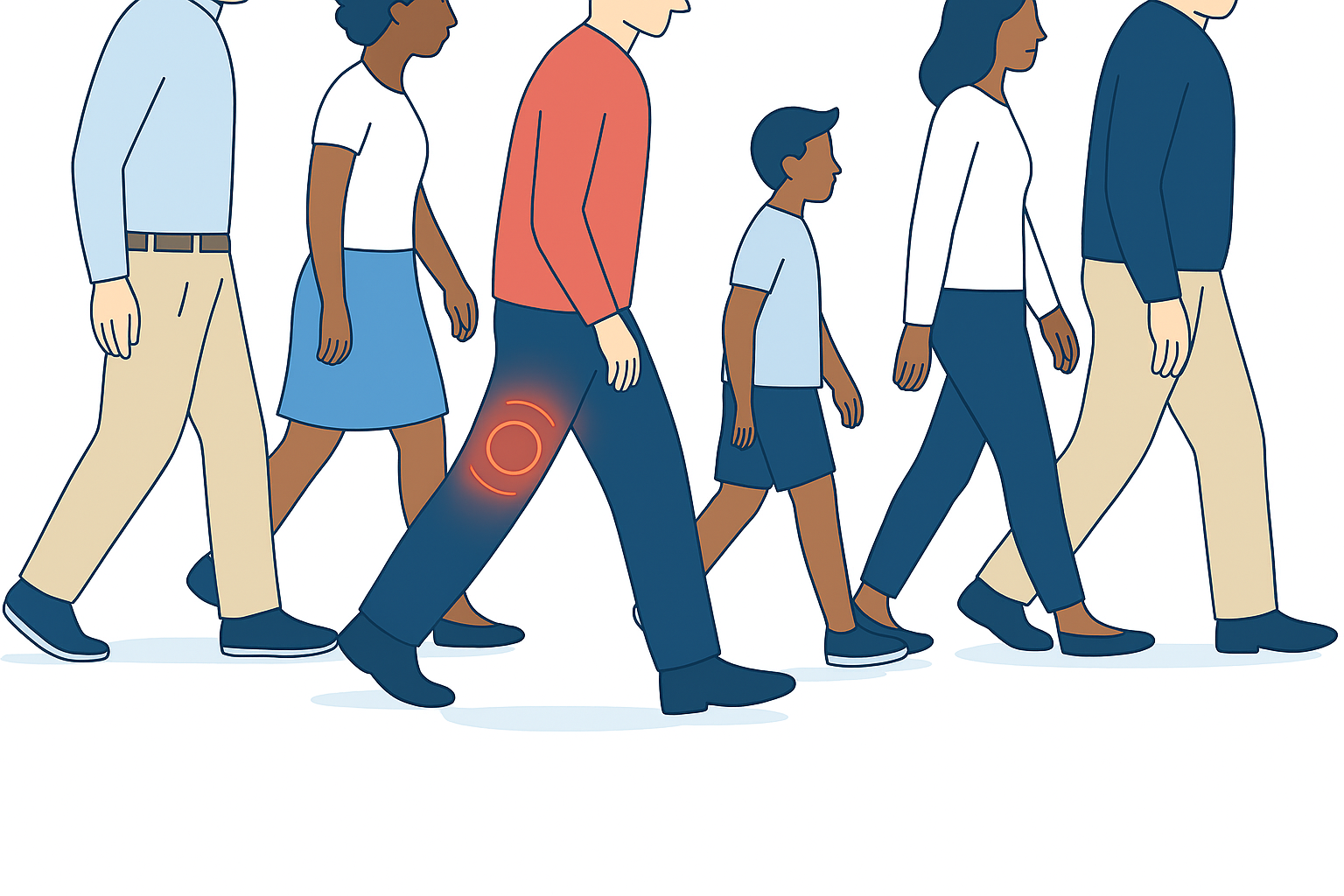Cultural Imbalance Mental Health 2025: Modern Struggles and Solutions
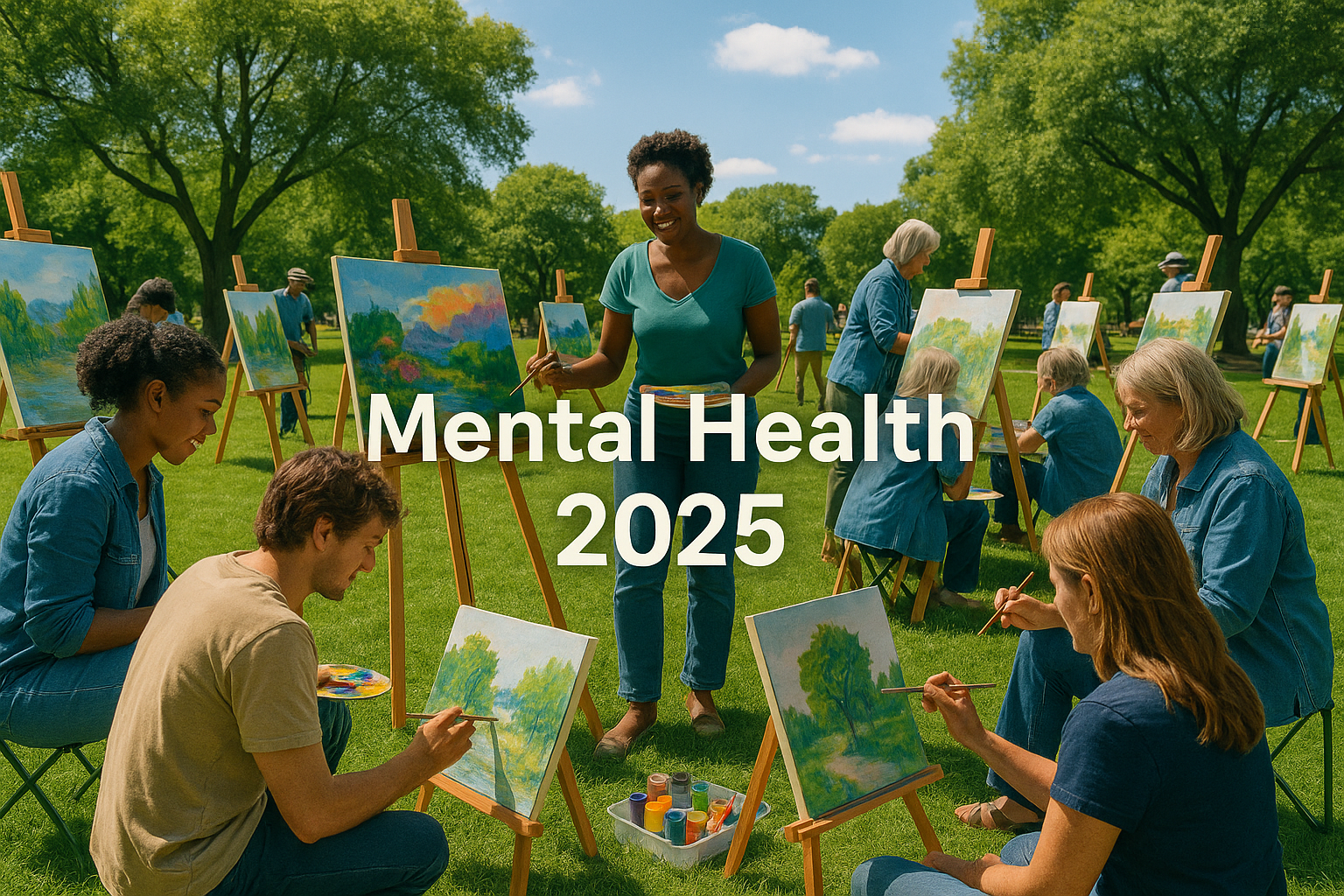
Modern society’s relentless pace and lack of community ties are driving mental health challenges, with overwork and individualism taking a toll, per Psychology Today. The cultural imbalance mental health 2025 narrative highlights how today’s competitive culture contrasts with ancient societies’ communal outlets. As mental health concerns rise, how can society address these issues through action-oriented solutions?
The Argument: Culture and Mental Health
Key points on cultural impacts include:
- Modern Challenges: A competitive, individualistic culture, marked by constant work and financial insecurity, contributes to mental health issues. About 20% of U.S. adults report mental health challenges, per CDC 2024.
- Historical Contrast: Ancient societies, like Greece, integrated quirks through religion and community, celebrating “holy madness” in poets and seers. Only 10% of ancient texts describe mental distress akin to modern diagnoses, per History Today.
- Action Over Talk: Overreliance on talk therapy and social media venting is less effective than creative, community-based activities, which reduce stress by 15%, per Psychology Today.
Critical Perspective: Gaps in the Narrative
The establishment narrative, per Psychology Today and The Guardian, links mental health issues to cultural pressures but overlooks key issues:
- Evidence Gaps: Claims of less mental illness in ancient times lack data, relying on historical anecdotes. Modern diagnostics may inflate reported cases, per The Lancet.
- Access Barriers: Creative outlets like art or community projects are less accessible to low-income groups, with 30% unable to afford extracurriculars, per U.S. Census Bureau.
- Work Culture: Fulfilling work is praised, but 60% of workers lack job autonomy, limiting benefits, per Gallup.
- Solution Vagueness: Calls for “cultural shifts” lack specifics, as systemic changes require policy, not just individual action, per The Guardian.
This narrative oversimplifies historical comparisons and practical solutions.
Implications for Society
Cultural imbalance shapes mental health trends:
- Rising Demand: Mental health service demand rose 25% from 2020–2024, per CDC. Social media venting, with 20% more X posts on mental health in 2025, amplifies issues, per X trends.
- Community Needs: Only 35% of Americans feel strongly connected to their community, supporting calls for social engagement, per Pew Research.
- Cultural Trends: Slow living, adopted by 15% of urban residents, aligns with pushes for balance, per Forbes.
Recommendations for Action
- Individuals: Join creative projects like writing or volunteering via meetup.com to foster community, per Psychology Today. Share ideas on X at @MentalHealthAm.
- Communities: Launch a platform for local creative outlets, modeled on 2024 community art initiatives, to reduce isolation, per Forbes.
- Policymakers: Fund public arts and community programs, as only 10% of federal mental health budgets support such initiatives, per SAMHSA.
Conclusion
The cultural imbalance mental health 2025 discussion ties modern struggles to a lack of community and creative outlets. Prioritizing action over talk can restore balance. Share your thoughts on cultural solutions below.
